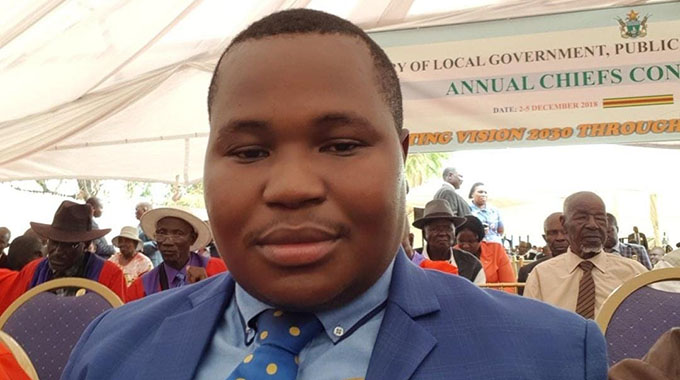President Mnangagwa arrives in Davos

Kudzanai Sharara in DAVOS, Switzerland
President Mnangagwa and his delegation arrived here this morning for this year’s World Economic Forum, where he is expected to network with other world leaders in line with the country’s engagement and re-engagement policy thrust.
He arrived at the Zurich International Airport at 8:03 am and was welcomed by Zimbabwe’s Ambassador to the United Nations, in Switzerland, Stuart Comberbach and Zimbabwe Geneva staff.
At the Turmhotel Victoria Hotel, where he is staying, President Mnangagwa was also welcomed by Zimbabweans resident in Switzerland.
This evening President Mnangagwa is expected to participant at a private dinner hosted by Professor Klaus Schwab and Mrs Schwab.
The dinner will bring together Heads of States and Government, Heads of International Organisations as well as members of Board of Trustees, the International Business Council and Strategic Partners.
This is the second time President Mnangagwa has attended the WEF, which attracts over 2 500 world leaders, presidents and chief executive officers of global companies.
On his last attendance in 2018, President Mnangagwa charmed the world with his “Zimbabwe is Open for Business” mantra, a promise that he has kept religiously in the country’s quest to become an upper middle income economy by 2030.
Since 2018, Zimbabwe has made major strides in opening up the economy and putting in place key enablers for investors.
The last couple of years have seen President Mnangagwa’s administration embark on major infrastructure projects such as dams, roads and border posts among others that are expected to go a long way in further improving the ease of doing business and aid economic development and growth.
Studies by the African Development Bank show that increasing the stock of infrastructure by one percent can add up to one percent to Gross Domestic Product.
The Second Republic has thus not been shy to spend as infrastructure is one of the critical enablers towards achieving set targets under the National Development Strategy (NDS1), Government’s five-year economic master plan, which spans 2021 to 2025.
In the 2022 National Budget, Treasury allocated 16,8 percent to infrastructure development in addition to the 31 percent that was allocated in 2021 with roads, toll infrastructure and dams being the major recipients of the funding.
The Zimbabwe delegation is expected to highlight these key milestones to attract key partners in the development of the country.
The Zimbabwean delegation has lined up engagements with leaders of Swiss industries as well as Swiss authorities.
“Switzerland remains one of the main European investors with a strong economic footprint and commitment in the food, shoe, tourism, construction, pharmaceutical, natural resources and agriculture sectors in the country,” according to Foreign Affairs and International Trade Minister Ambassador Frederick Shava in an interview with our sister paper, The Sunday Mail.






Comments